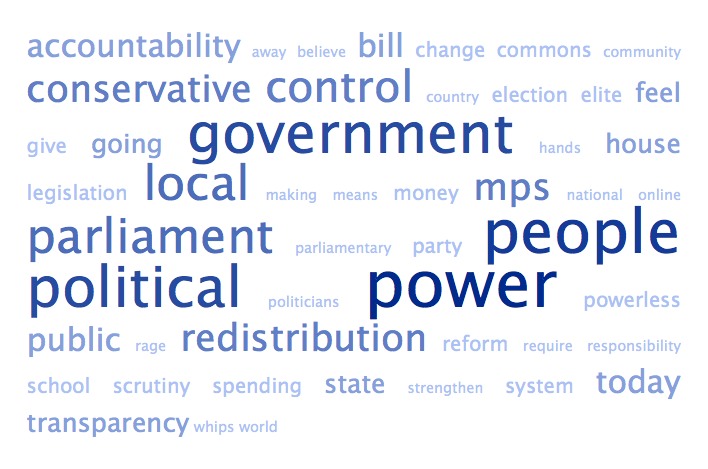Very neat exposition. Just the right number of half-truths.
Google’s now saying that Chrome will be appearing on netbooks in the latter half of 2010. It’ll make waves.
UPDATE: Technology Review has a useful outline of the OS. It contains this interesting snippet:
The operating system won’t be available for download, however. Because of its tight integration between software and hardware, users will have to buy a Chrome device from one of Google’s partners in order to use it. Google plans to give partners strict hardware requirements for the devices, specifying particular wireless cards and other components.
The code is, however, open source and anyone can run it on a virtual machine.
The New York Times take on it is that this is a direct challenge to Microsoft:
“Hundreds of millions of users are living on the cloud,” said Sundar Pichai, a vice president for product management at Google in charge of Chrome. Every program that users enjoy on their PCs today, Mr. Pichai said, will soon be available as a Web application. “The trend is very, very clear,” he said.
While Microsoft and others say they believe that cloud-based programs will coexist with traditional PC software, Google has often said that Web applications will replace all desktop software, another area that Microsoft dominates. Machines running the Chrome operating system, which initially will be limited to lightweight, portable computers known as netbooks, will not run any desktop applications other than the Chrome browser.
But even Mr. Pichai said that devices on the Chrome operating system were likely to be used, at least at first, as a complement to users’ more powerful computers at home.
Analysts said that the Chrome operating system could pose a challenge to Microsoft over the long term but said that Microsoft was not sitting still.
In truth, this isn’t a paradigm shift. That happened ages ago with things like Hotmail and Gmail and Google Docs as the network supplanted the PC as the computer. The Chrome OS is just the first major operating system product built on the shift.

